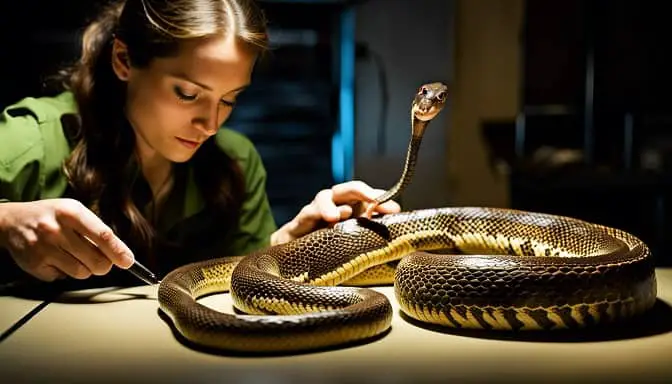
Can anyone be a good researcher? Do researchers possess specific qualities that make them succeed in the field of scientific inquiry?
Find out in the article below if indeed you have any of the qualities a good researcher must have. If not, then you train and build yourself up on those qualities that you find yourself wanting.
Table of Contents
Introduction
While everyone in college will be given the opportunity to do research, not everyone can do it unless they possess the qualities required of a good researcher. Just like leaders, scientists can also be made, not just born.
But there are innate qualities that researchers must possess to succeed in this challenging task that requires a lot of imagination and perseverance.
What then are the qualities of a good researcher? Here are five notable attributes of people who tread the path towards discovery:
1. A good researcher manifests thirst for new information.
A good researcher shows an open mind about things. He does not just take things by themselves but explores new grounds. He adopts the philosophy of “thinking beyond the box,” leaving out the conventional for something innovative. A good researcher treads the unknown frontier.
Pieces of evidence of this thirst for new information manifest in people who do not stop learning. Those persons who maintain an open mind for new possibilities to happen, even when everything appears to have been discovered or studied or options exhausted.
Two hundred years ago, has anyone ever thought that man could go to the moon or explore the depths of the sea? Or tap on the keys of the cell phone to communicate with another person so far away?
2. A good researcher has a keen sense of things around him.
Keenness is a quality developed through an observant attitude. A good researcher sees something more out of a common occurrence around him. And he sees this quickly.
He can see a wiggling worm inside a flower or the beautiful color combinations of a wild plant, or notices the small fly in the burger.
Do you know which part of the vertically-oriented traffic light is green?

3. A good researcher likes to reflect or think about the things he encounters.
Researchers who pause and reflect on the knowledge that they gained, either formally in school or through their experience, gain insights. Insights are creative thoughts that make one nod his head and say, “Aha, this is something I have been looking for!” An original idea was born.
4. A good researcher must be intelligent enough to express his ideas.
How can you express your thoughts if you cannot write? The point here is that a good researcher must be adept in the written language.
How can people understand your point when you are the only one who can understand what you have written?
Intelligence to express ideas is a quality that appears to reside in gifted individuals. But if you recognize your weakness in this realm, why not seek someone who can? After all, ideas are more important; but of course, better if you present them in such a way that others understand well what you want to say.
5. A good researcher applies a systematic approach in assessing situations.
Research requires systematic and objective thinking to arrive at something. Logical reasoning, therefore, is applied by a good researcher.
He can analyze things, meaning he can break down a complicated situation into manageable bits that he can focus his attention on (see the article on conceptual framework).
Do you have these qualities? If not, then it’s time for you to harness the hidden talents in you through training and continuous learning.
© 2012 October 24 P. A. Regoniel | Updated 2024 January 14



I like the article, I think it should refer to both men and women.. There are MANY awesome woman Scientifics as well 🙂
Yes, I agree with you. I’ll make the necessary revisions upon first opportunity. Thanks for dropping by.
Correct. I agree with you.
Hi your explanation is very good that are all points very must for me thanx A lot
Starting to “THINK OUSIDE THE BOX” is the begining and the ending point and the fundamental quality which diffrentiate a good researcher from not a good researcher.